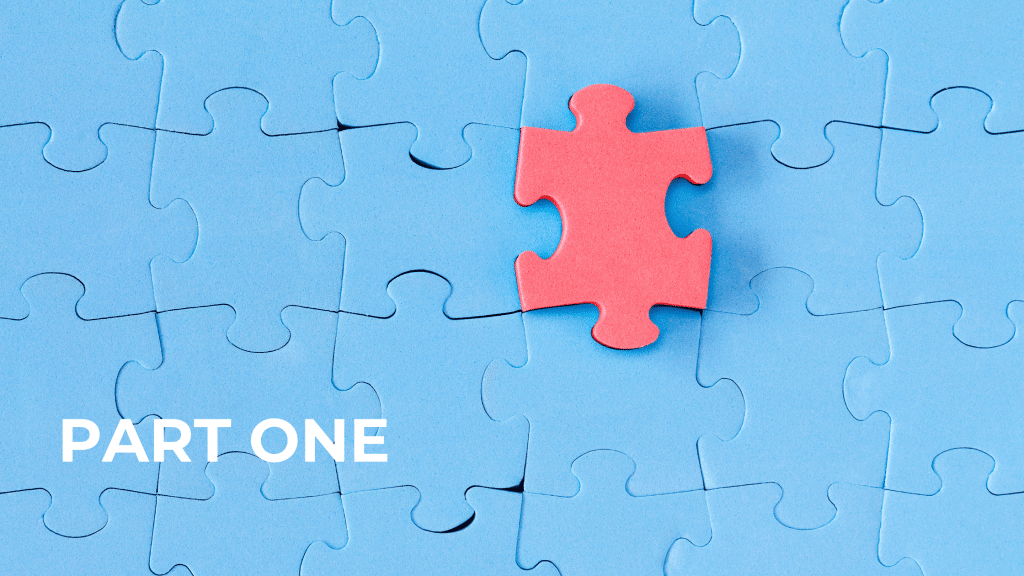To this day, I am embarrassed to admit it took me three goes to pass the test to get my driver’s license.
I’m not embarrassed that I failed twice. I’m embarrassed that I was so worried about what the Driving Examiner would think of me, I wasn’t myself and made silly mistakes I didn’t make during my driving lessons.
The third time around I decided to stop caring if I passed or failed. My strategy was to be present, listen to the Examiner’s instructions and follow them. I knew I was well prepared and had to trust myself.
So when the Driving Examiner told me to follow the road I did. And when he pointed out I should have followed the ‘All Traffic’ sign I told him if he wanted me to do that, he should have given clearer instructions and not told me to follow the road.
I passed the test and got my license.
The lesson I learned that day is people aren’t judging you as much as you think they are.
How often have you walked into a gathering at a conference or network meeting and felt your heart rate increase when you realise no one you know is there?
Do you quickly put your face in your phone while discretely scoping out who you can safely approach?
If so, you’re not alone. Many people are uncomfortable with this type of social ambiguity.
Dr Michael Gervais calls this fear of other people’s opinions or FOPO in his Harvard Business Review article “How to Stop Worrying About What Other People Think of You”. He talks about how “paying less attention to what makes you you – your talents, beliefs and values”, can harm your potential.
Even extroverts can struggle with social ambiguity and feel uncomfortable relating to unfamiliar or unknown co-workers or colleagues. Extroverts can also feel less comfortable navigating various interpersonal relationships in the workplace.
It’s natural that people feel more comfortable with people they already know.
However, lower tolerance of socially ambiguous situations can mean you miss out on opportunities to establish beneficial new connections and relationships because you’re preoccupied with how you come across to others.
It’s worth working on unlocking your inertia when you walk into a room of people you don’t know or an unfamiliar situation.
This is because the evidence tells us that people with higher levels of comfort with social ambiguity are more likely to be emotionally intelligent, creative, social, resilient and effective leaders in unfamiliar situations.

When I stopped worrying about what the Driving Examiner thought I could think more clearly and creatively challenge him when he thought I made a mistake.
When you feel extremely comfortable with new people and those who are different to you, and you’re not worried about whether you personally ‘shine’; you’ll be more likely to develop a strong social network, then optimise and leverage it to expand and amplify your impact.
Steve Jobs gave Stanford University students sound advice during his 2005 commencement speech. He said, “Don’t let the noise of other’s opinions drown out your own inner voice. And most important, have the courage to follow your heart and intuition”.
Being comfortable and confident with who you are in socially ambiguous situations is like wearing a suit of armour that shields you from the arrows of other people’s judgment.
Next time you’re faced with social ambiguity, try grounding yourself in the present, notice if you are holding yourself back and if you are, flip your thinking to the positive. For example, instead of thinking “I don’t know anyone here” flip to “If I have the courage to speak to that person, I might learn something new or interesting”.
Or you could be creative and play a game by only allowing yourself to leave or hide behind your phone once you’ve spoken to three people you don’t know.
I’d love to hear what strategies work for you when you’re in socially ambiguous situations.







